Organising a Funeral
Organising a funeral service involves making a lot of decisions, and this can sometimes get complicated. You may know exactly what you want, which can make things more straightforward, but even then there may be factors you haven’t considered. If the person who died left funeral wishes for you to follow, you may need to balance this vision with the expectations of the attendees, and also with the funeral costs that you can afford to pay.
This can be a difficult time, but the right support can make a big difference. Whether you are writing out your wishes for your own funeral, or trying to make arrangements for someone else, the fundamental considerations will remain the same. As such, it can help to understand the process from start to finish, and all the decisions involved in planning a funeral, before you get going.
Here, the expert funeral directors at Full Circle Funerals have put together a funeral planning checklist that you can use as a guide, to structure your decisions and help you to consider every aspect of the funeral you want – whether for yourself or someone else. That includes balancing the needs of the person who has died and their mourners, but also the practical requirements of finding a funeral venue that can accommodate the service you want to hold.
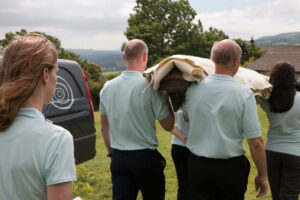



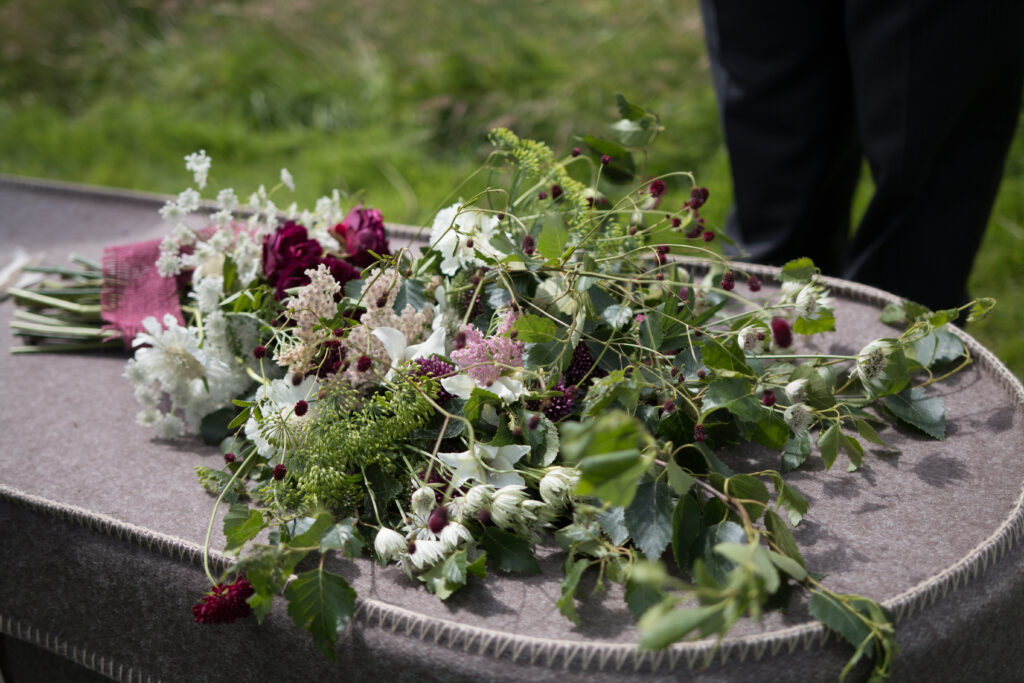

Funeral planning checklist
If you are planning a funeral for someone else, the first step will begin when the person dies, as there are some administrative duties you must fulfil after a death. If you wish to plan your own funeral service before you die, you may choose not to read this first section.
After the death
When someone dies and the death has been expected, a doctor will be able to issue a death certificate. Then, the death much be registered in the location where the person has died. In most cases, you will be contacted by the medical examiner’s office to confirm that you can register the death, at which point you will need to contact the register office. It is helpful if you can provide certain documents that may be requested, such as the person’s birth certificate, a marriage or civil partnership certificate or an NHS medical card. Once the death has been registered, you can purchase a death certificate, which you may need when managing the person’s affairs.
In situations where the death is unexpected or unexplained, a referral to the coroner will be made. They will then get in touch with you to explain the steps involved in the coroner’s process and how registration of the death will ultimately take place.
The executor of the person’s estate – someone who is named in their will and given the responsibility for managing their assets – will need to look through all their paperwork as one of the responsibilities of administering the estate. This process will help to identify whether the person had a pre-paid funeral plan already in place, in which case they might have already paid for the service they want or have left express funeral instructions that you can follow. If there is no will, then it is said that the person has “died intestate” and then there will be no executor. Funeral arrangements are then generally made by the next of kin.
If they had a life insurance policy, this may also include certain funeral provisions, or their will may specify funeral preferences. This financial documentation can also help to confirm who will pay for the funeral. Costs for most funeral services can be recovered from the person’s estate, but in some cases friends or family members may decide to pay, or a life insurance policy may provide money for this purpose.
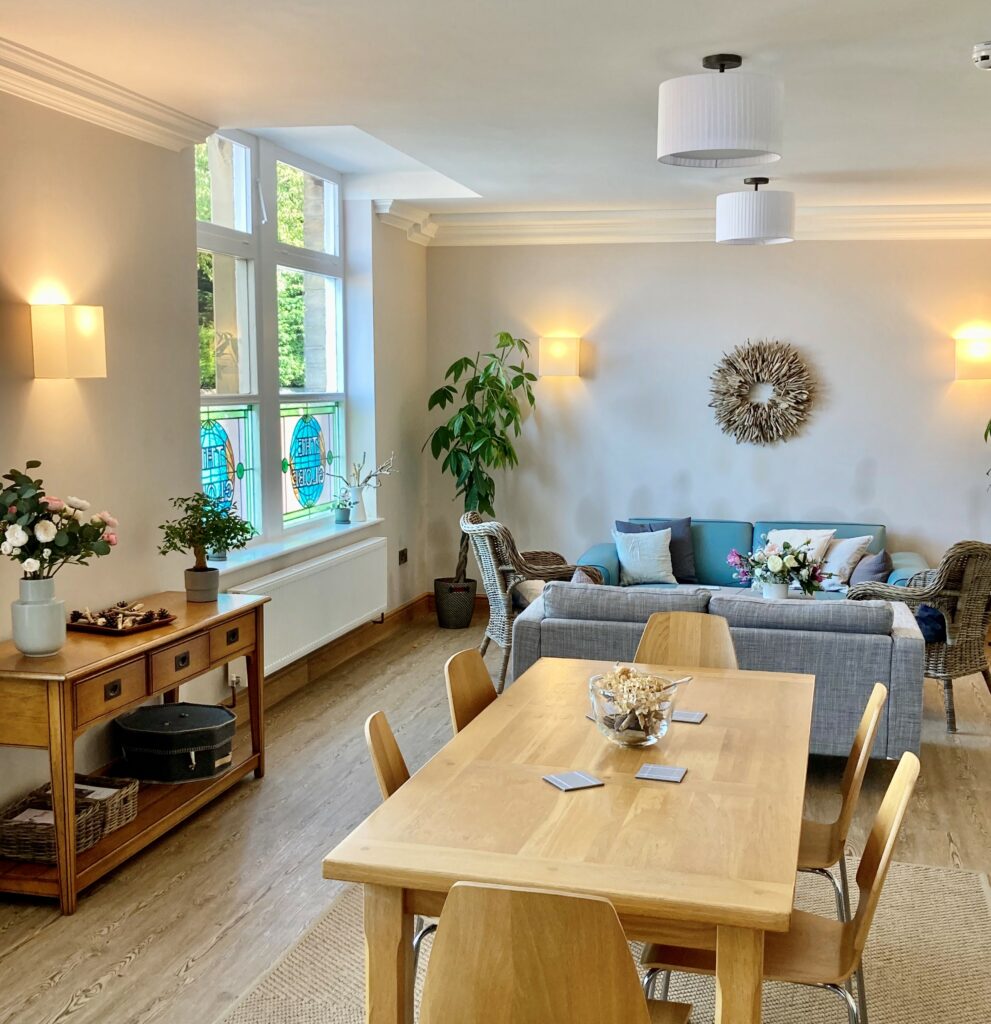

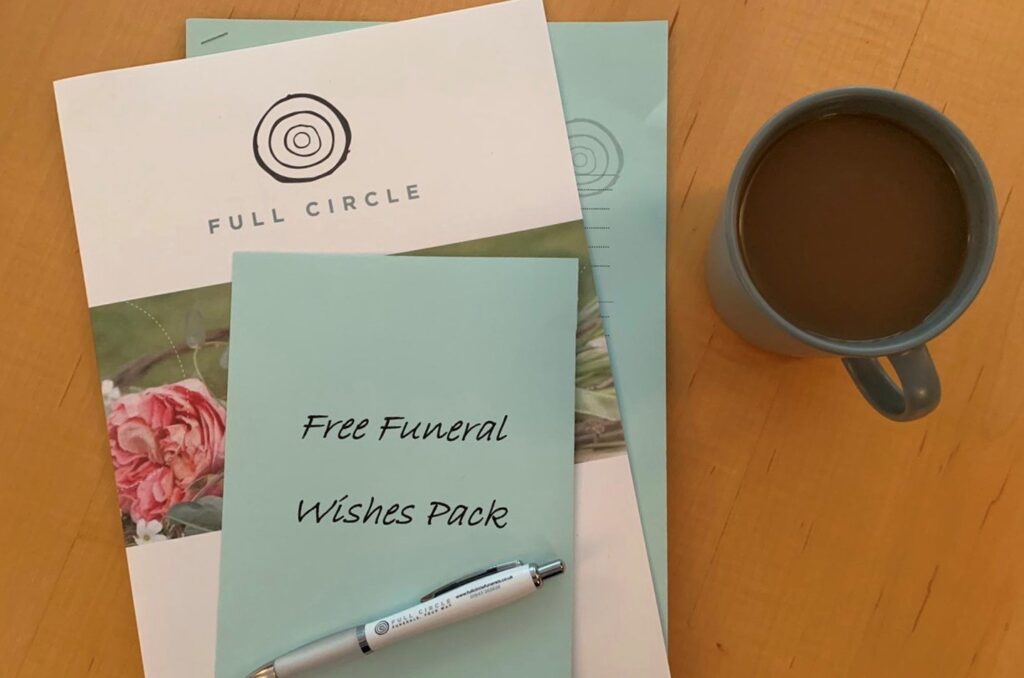

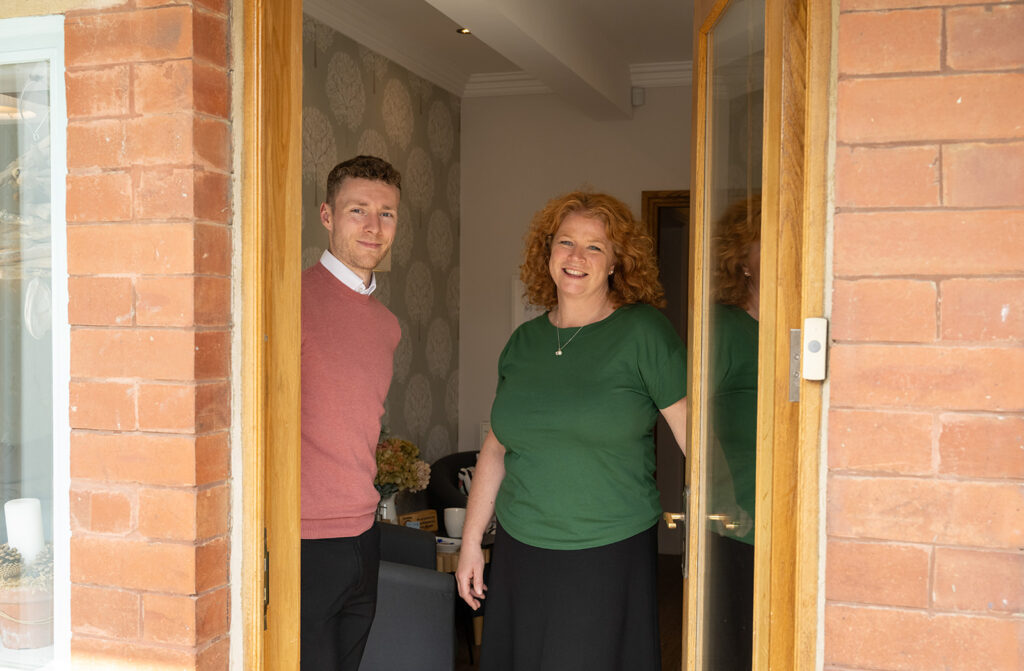

Choose a funeral director
Finding the right funeral home and director can be the biggest step towards planning a funeral that meets your requirements. They can talk you through the decisions you need to make when arranging a funeral service and make recommendations for local venues, caterers, flowers and other things you’ll need. Whether you want a basic funeral or something that is specifically customised to your needs, a funeral director can support you.
Many people find it helpful to speak to several funeral directors before making their final choice. You might like to ask them how they would support you, where the person who has died will be cared for and the range of choices that they can make available to you.
Confirm the type of funeral
There are many types of funeral service available, ranging from a traditional funeral or cremation held in a graveyard or crematorium, to a direct cremation with no attendees present, to a bespoke memorial service held at an outside venue. Fundamental to your decision will be whether burial or cremation is the right choice for the person who has died – if they didn’t express their final wishes to you, it can be hard to know which approach to take. Think about any funerals that they attended that they liked, try to remember whether they ever expressed a preference, or ask others who knew them well.
There are also options like natural burial to consider. This is a more eco-friendly type of burial for those who are concerned about the environment. Finally, you must choose whether to hold a religious or non-religious ceremony – this can inform other decisions about the event but is not always as restrictive as you might expect, and there is usually still plenty of scope to customise the funeral service to the person who has died. Your choice of a religious or non-religious ceremony will guide you on choosing a suitable officiant, and your funeral director can advise you as to the options you can choose from.
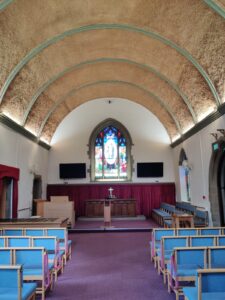

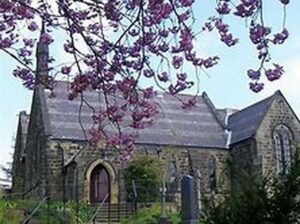

Decide on a location
Once you have decided whether the person will be buried or cremated, you can choose a location. This might be a natural burial ground, a cemetery, a churchyard or even a function room or village hall. Some places will have restrictions on whether or not you can bring in a coffin, but this is an area where your chosen funeral director can advise you.
Part of this will be choosing the date and time, and you will need to coordinate this with the chosen officiant to make sure they are available. The date you have chosen may impact other decisions – for example, it may affect the availability of particular service providers, which can help to narrow things down.
Plan the ceremony
There are many elements of a funeral service and you will usually need help from a funeral director to tick everything off. Some things to consider as part of this checklist include:
● The coffin: Options range from wooden caskets to eco-coffins made from biodegradable materials. If the person is to be cremated, you may wish to choose an urn in which to store their ashes.
● Flowers or decorations: Flowers and other decorations are a common part of a funeral display. Some people prefer to ask for charitable donations rather than flowers, and your funeral director will support you to make a decision on this before you ask people to attend.
● Food: You may need to organise catering if you are hosting a wake or other service around the funeral itself.
● Travel: You will need to make travel arrangements for the coffin, but many funerals also include transportation for close friends, family members or others. You should decide whether you will provide transport, where from, and for how many people. Your funeral director can then help you to carry out your intentions on the day.
● Funeral music: A funeral venue may provide recommendations for songs or hymns to be played or sung during the service. If you have any special requests for music, you will need to discuss them beforehand – especially if you want a church organist or other musician to play them, or if you need access to a sound system.
● Order of service: You may decide to produce printed orders of service, but in any case you will need to decide on the structure of the event. This will include selecting participants – deciding who will speak, and what they will say.
● Photos: Many funerals and wakes will have photo arrangements or displays in memory of the person who has died. If you wish to have a display like this, you will need to locate the photos you want ahead of time. You may also wish to include these photos in any printed orders of service you distribute.
This checklist can be tailored based on the specific cultural, religious or personal preferences of the person who died but, depending on the type of funeral arrangements you are making, other questions or decisions may arise. As such, working with an experienced funeral director is the best way to make funeral arrangements, as their experience can guide you towards the decisions you need to make and help you to make the right choices. We can also anticipate any complications or considerations that may arise based on your initial decisions, to help you in planning ahead and avoiding unexpected outcomes.
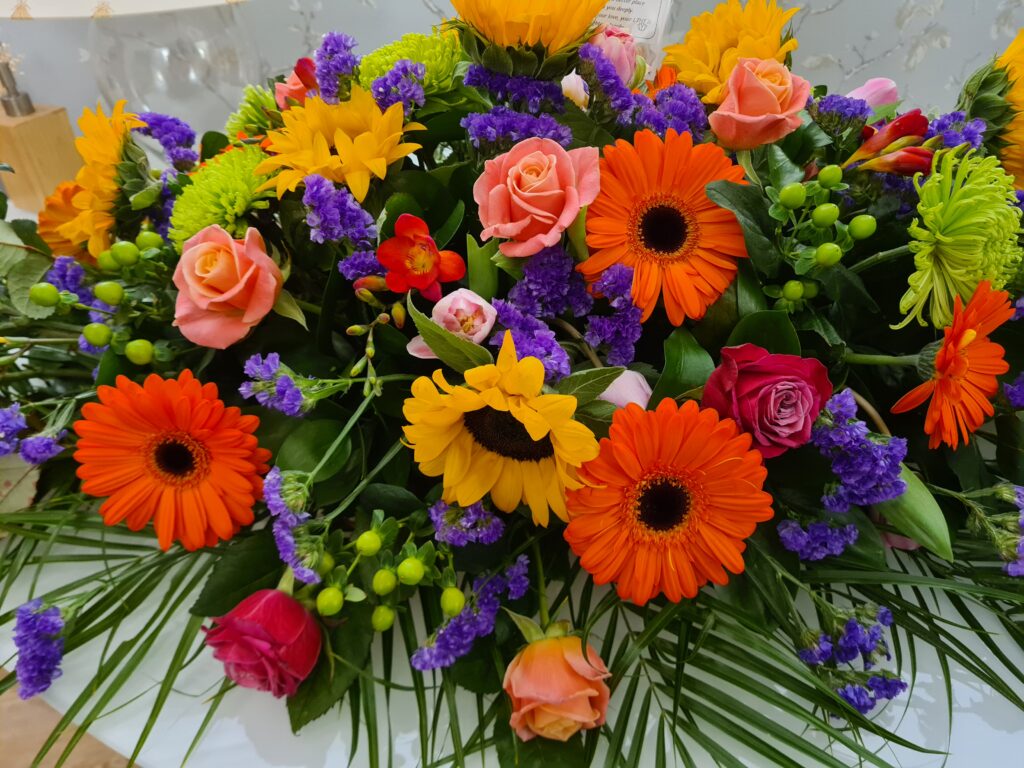



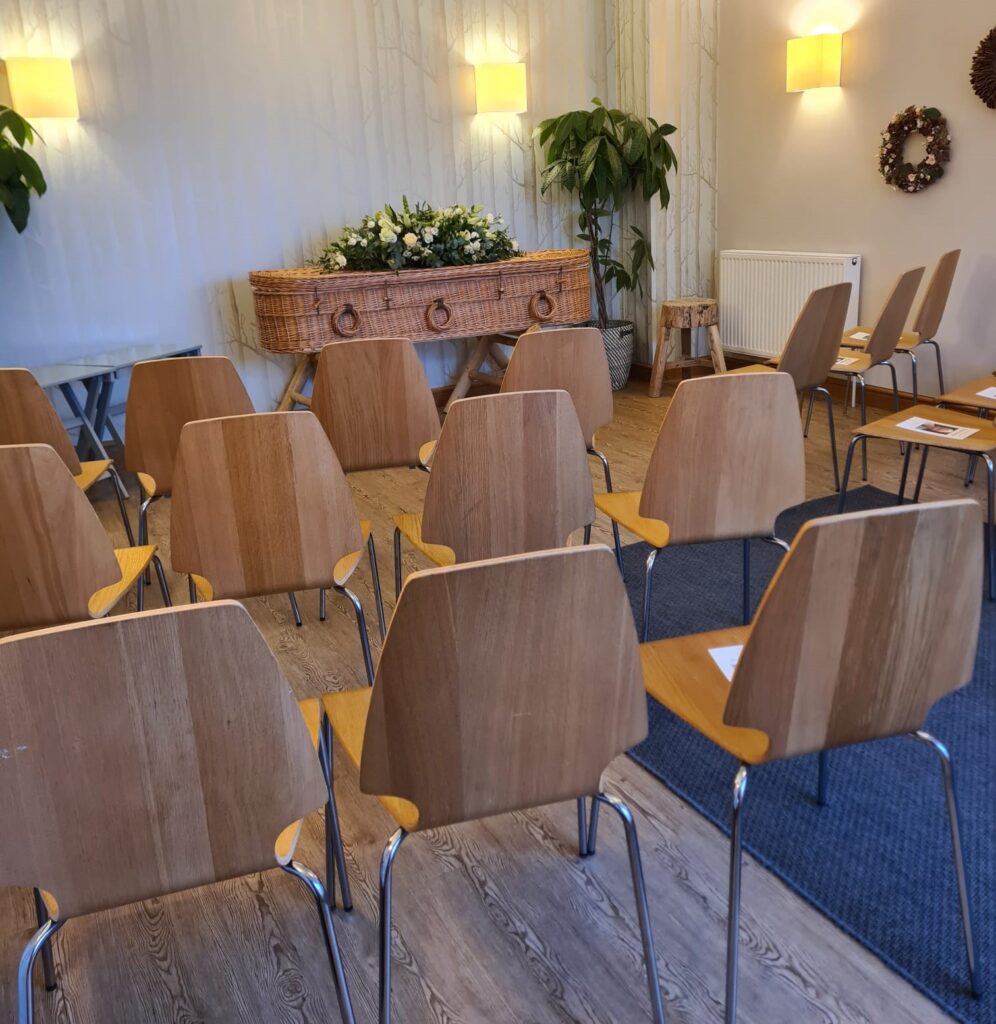

Get expert support
Outside of planning a funeral for someone who has died, there are other administrative tasks you may be presented with – like managing their estate, preparing their obituary, notifying family and friends and managing the upkeep of their property. We will do everything we can to make a challenging time as easy as possible and can signpost to other sources of support (such as local solicitors, a professional declutterer and end-of-life administration support providers).
The team at Full Circle Funerals can help with all of your funeral planning needs. Our funeral directors are based in the North West and can help people across Yorkshire and Cheshire to find the right service for them, whether that’s a customised memorial event, a traditional funeral or a simple service. We also have a funeral planning guide that can help you to consider your options. Contact us to learn more about how we can help you today.
